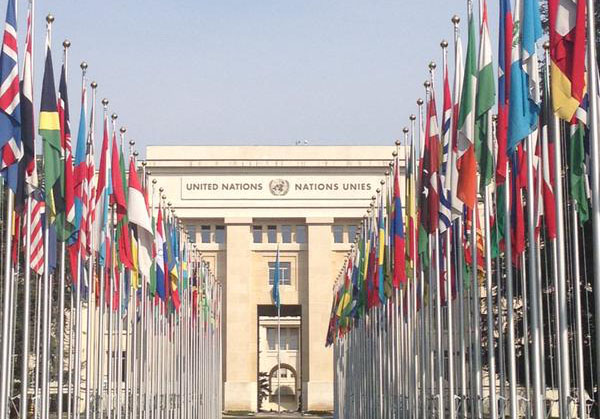
Feb 26, 2016 | Advocacy, Open letters
The open letter, which includes additional recommendations for a resolution on South Sudan to be adopted at the 31st ordinary session of the Human Rights Council (29 Feb – 24 Mar) is available here: Open Letter South Sudan
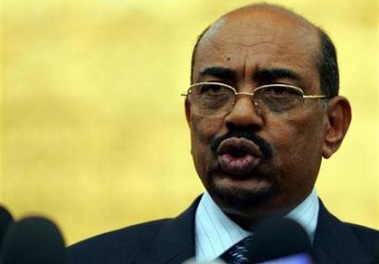
Jul 1, 2015 | Advocacy, Open letters
The statement has been endorsed by more than 100 civil society groups, including the ICJ, with representation in more than 25 African states, following Omar al-Bashir’s travel to South Africa from June 13-15.
The declaration raises grave concern over South Africa’s flouting its domestic and international legal obligations in failing to arrest al-Bashir (photo), and applauds the efforts of Southern Africa Litigation Centre, which filed an application before South Africa’s courts to compel al-Bashir’s arrest.
The declaration is a strong testament to support for victims of grave crimes to have access to justice, for the ICC’s efforts to advance justice for crimes committed in Darfur, and for activism to ensure al-Bashir’s surrender to the ICC.
SouthAfrica-Civil Society Declaration on Bashir-Advocacy-Open letters-2015-ENG (full text in PDF)
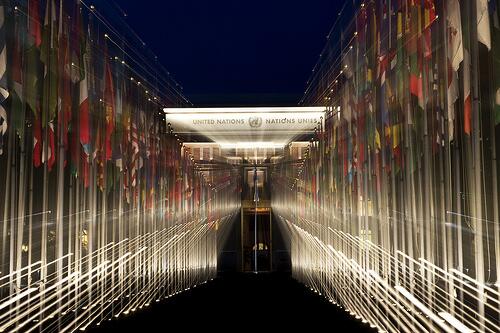
Mar 25, 2015 | Advocacy, Open letters
The ICJ today joined other NGOs in an open letter urging States at the UN Human Rights Council not to support a draft resolution on the ‘Effects of Terrorism on the Enjoyment of Human Rights’ in its present form and without substantial amendment.
The letter explains why the draft resolution, presented jointly by Egypt, Jordan, Algeria, Morocco and Saudi Arabia, is significantly unbalanced and suffers from four key and inter-related deficiencies:
First, the draft resolution calls for strengthening of counter-terrorism measures without sufficiently recognising that such laws and measures must be in conformity with international human rights, refugee and humanitarian law and refugee law.
Second, the resolution fails to call on States to ensure that laws and measures on counter-terrorism and national security do not hinder the work and safety of human rights defenders and other civil society actors; and to ensure that such laws and measures clearly identify which offences qualify as terrorist acts by defining transparent and foreseeable criteria.
Third, the text fails to recognise that support for a vibrant and pluralistic civil society and respect for the fundamental rights of freedom of expression, association and assembly are essential to combat extremism, counter terrorism and provide protection, support and justice to victims.
Fourth, while the draft resolution has been presented by the core group as taking a ‘victim-centered’ approach, the text fails to respond to what victims of terrorism have themselves expressed to the Council is needed to respect and fulfill their human rights. To the contrary, the resolution appears to continue the regrettable practice of invoking the suffering victims of terrorism to justify measures that too often are abused to violate human rights, without delivering real justice, remedy, and support to the victims themselves.
In conclusion, the letter urges delegations not to support the draft text without very substantial amendments, and suggests that a preferable approach may be to consider the concerns sought to be addressed in the present text when the Council comes to negotiate its traditional bi-annual resolution on human rights and countering terrorism at its 31st session in March 2016.
The Open Letter is signed jointly by: African Centre for Democracy and Human Rights, Amnesty International, ARTICLE 19, Asian Legal Resource Centre, Cairo Institute for Human Rights Studies, Centro de Estudios Legales y Sociales (CELS), East and Horn of Africa Human Rights Defenders Project, Egyptian Initiative for Personal Rights, FORUM-ASIA, Human Rights House Foundation, Human Rights Watch, International Commission of Jurists, International Federation for Human Rights (FIDH) and International Service for Human Rights.
The full letter may be downloaded in PDF format here: Universal-HRC28-TerrorismHumanRights-Advocacy-OpenLetter-2015-ENG
The draft resolution may be downloaded here: HRC28 Draft Terrorism Human Rights Resolution
Update 26 March 2015: The resolution was adopted, with an oral amendment, by vote of the Council (25 in favour, 16 abstentions, 6 against): Terrorism 2015 vote
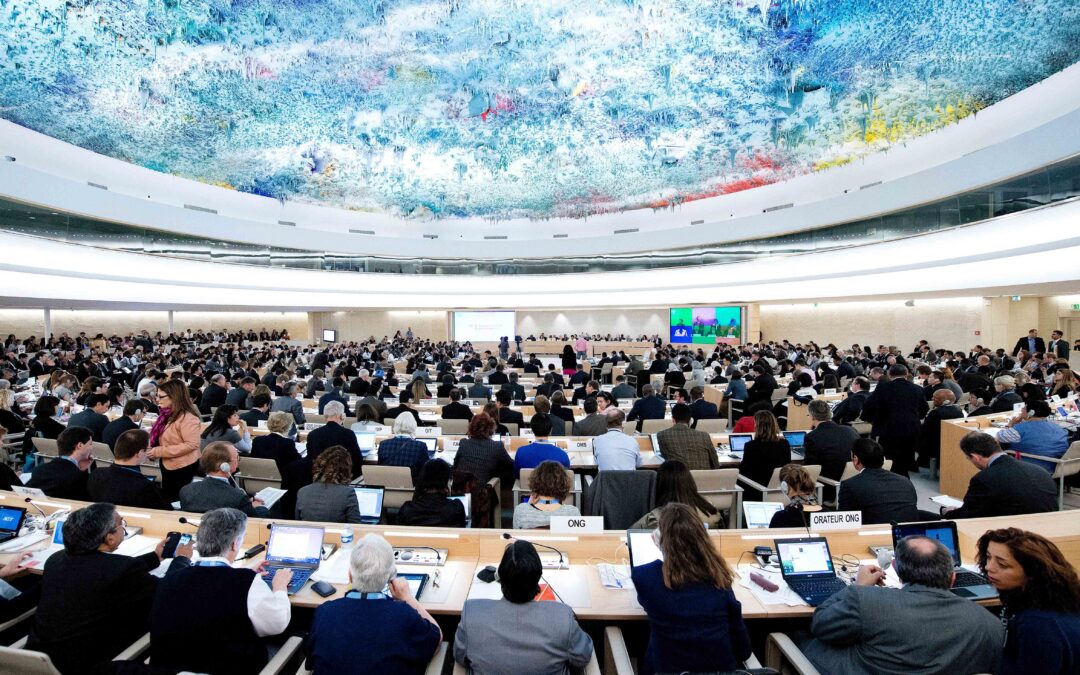
Mar 2, 2015 | Advocacy, Open letters
The ICJ today joins with dozens of other NGOs from around the world in an open letter calling for the UN Human Rights Council to establish a Special Rapporteur on Privacy at its current session.
The UN General Assembly, the UN High Commissioner for Human Rights, existing special procedure mandate holders, and many states and civil society organisations have recognized the pressing need to provide continuous, systematic and authoritative guidance on the scope and content of the right to privacy as enshrined in article 12 of UDHR and article 17 of ICCPR. Significantly, all of them have identified the need to assess and monitor the ongoing implementation of this right. The creation of a Special Rapporteur would fill this long-standing gap.
Although the initiative, led by Germany and Brazil, has its origins in concerns about online and telecommunications surveillance, the call is for the creation of a Special Rapporteur with a mandate to look at all aspects of the right to privacy, in all contexts, including issues relating to private sector practices.
HRC28-SRPrivacy-Advocacy-JointLetter-2015
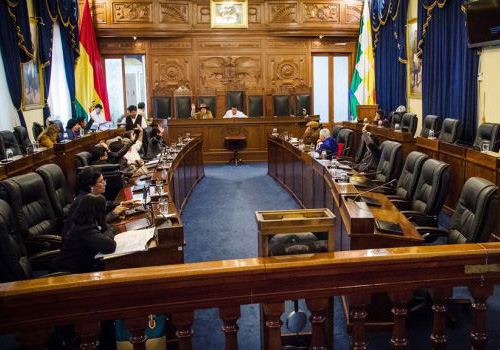
Oct 16, 2014 | Advocacy, Analysis briefs, News, Open letters
The ICJ condemns the imminent “trial” of Constitutional Court judges by Bolivia’s Senate, in proceedings that could see the judges sent to prison over politicians’ disagreement with a legal ruling.
The proceedings “violate the independence of the judiciary and the right to fair trial,” the Geneva-based organization wrote today in an open letter to all Senators and Deputies of the legislative assembly.
The charges in the trial, scheduled to begin on 21 October, are based entirely on a precautionary ruling by the judges that parts of a new law regulating notaries should not be implemented until the Court has an opportunity to hear a constitutional challenge to the law.
“The spectacle of dozens of politicians pretending to act as an independent and impartial criminal court, threatening to throw constitutional court judges in jail over a difference of opinion as to interpretation of the law, is incompatible with respect for human rights, the separation of powers, and the rule of law,” said Matt Pollard, Head of the Centre for Independence of Judges and Lawyers at the ICJ.
Constitutional Court Judges Soraida Rosario Chanez Chire and Ligia Mónica Velásquez Castaños are to be tried on 21 October, while proceedings against Judge Gualberto Cusi Mamani have reportedly been temporarily suspended for reasons of health. The judges were suspended from duty on 28 July.
An analysis brief published by the ICJ and sent to the legislative members concludes that the proceedings violate Bolivia’s international legal obligations under the American Convention on Human Rights and the International Covenant on Civil and Political Rights.
The brief also cites judgments of the Inter-American Court of Human Rights that found violations of the American Convention as a result of defective parliamentary proceedings for removal of judges in other countries. The proceedings in Bolivia are poised to be even more egregious than the proceedings at issue in the earlier judgments, given the possibility for the Bolivian Senate (photo) to impose a criminal conviction and imprisonment.
“The ICJ urges the Senators and Deputies immediately to cancel the proceedings, to end the judges’ suspension from duty, to refrain from any other form of interference with judicial independence, and to reform judicial discipline and removal procedures to bring them into line with international standards,” said Pollard.
(update as of 21 October: the proceedings were postponed to 4 November after one of the judges collapsed on arrival at the Legislative Assembly and was taken to hospital).
Contacts:
English: Matt Pollard, Head of the Centre for Independence of Judges and Lawyers at the ICJ, t: +41 79 246 54 75; e: matt.pollard(a)icj.org
Spanish: Carlos Ayala, ICJ Commissioner, t: +58 212 952 8448; e: carlos.ayala(a)icj.org
BOLIVIA-Unfair trial of judges-News-Press release-2014-SPA (full text in PDF)
BOLIVIA-unfair trial of judges-Advocacy-Open letter-2014-ENG (full text in PDF)
BOLIVIA-unfair trial of judges-Advocacy-Open letter-2014-SPA (full text in PDF)
BOLIVIA-unfair trial of judges-Advocay-Analysis brief-2014-ENG (full text in PDF)
BOLIVIA-unfair trial of judges-Advocacy-Analysis brief-2014-SPA (full text in PDF)
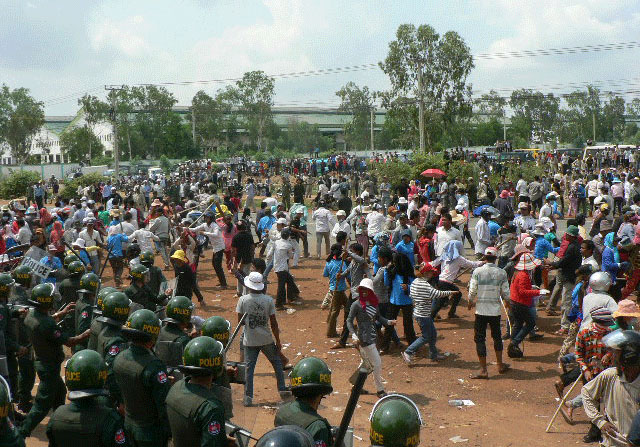
May 19, 2014 | Advocacy, News, Open letters
A joint statement from civil society groups, including ICJ, calling on Cambodia’s National Assembly to delay debate on the three draft laws related to the judiciary.









